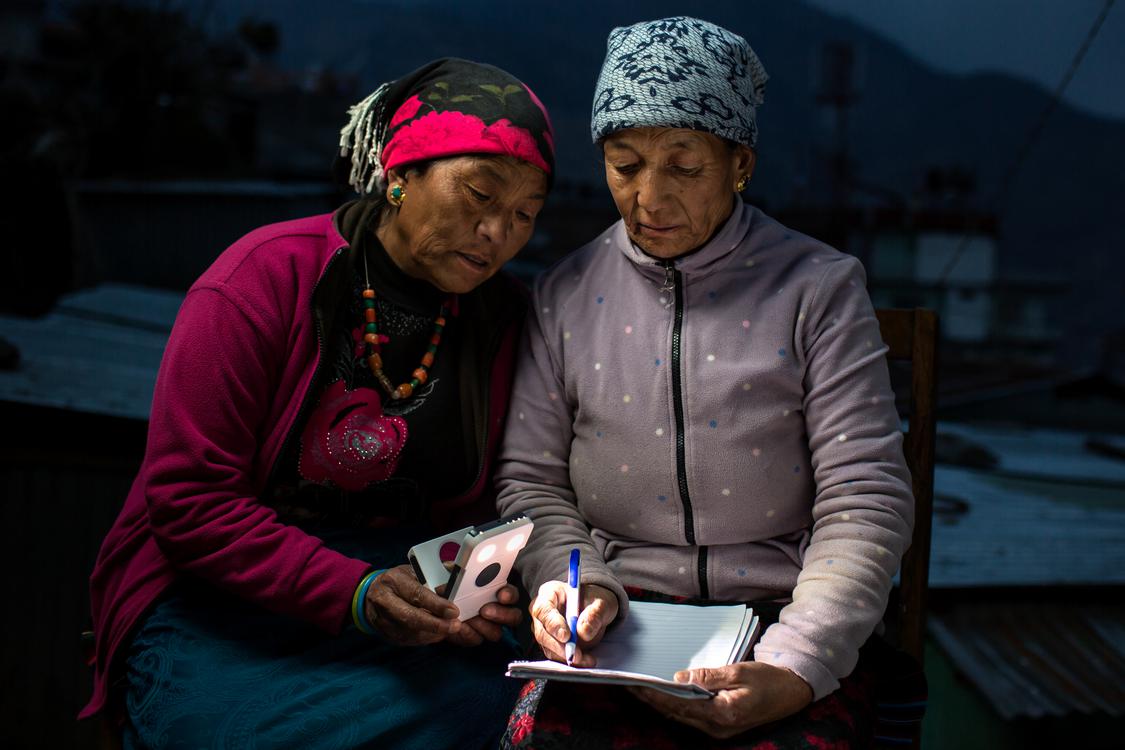TRAINING: SOCIAL SCIENCE IN COMMUNITY ENGAGEMENT AND/OR COMMUNICATIONS ACTIVITIES
People working in community engagement and/or communications related fields face several limitations to the effective integration of social science in health emergency interventions and policymaking. There are gaps in terms of knowledge and capacity to produce and use operational social science research in humanitarian and health emergency contexts. This comprehensive training package was developed to address these gaps by providing a set of modules with practical guidance to be adapted and used at the local level.

